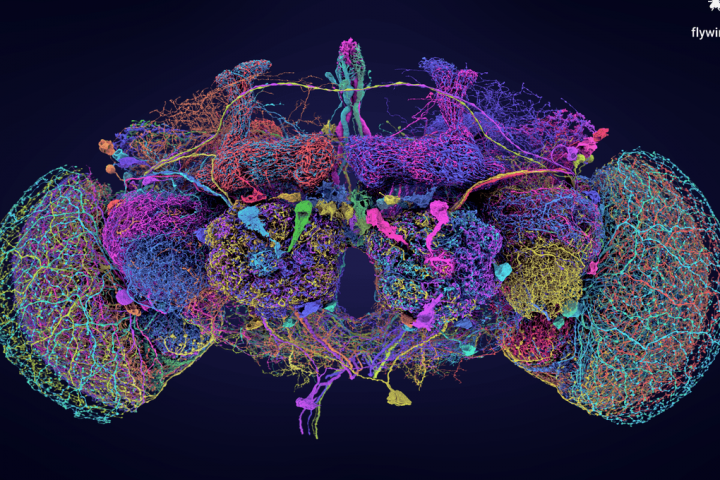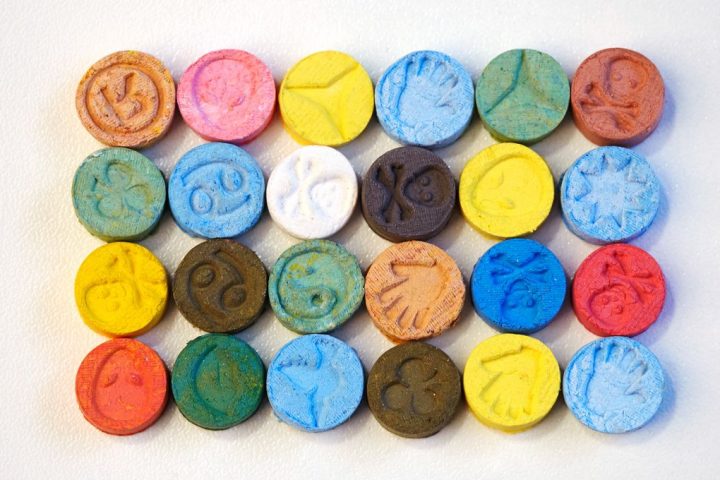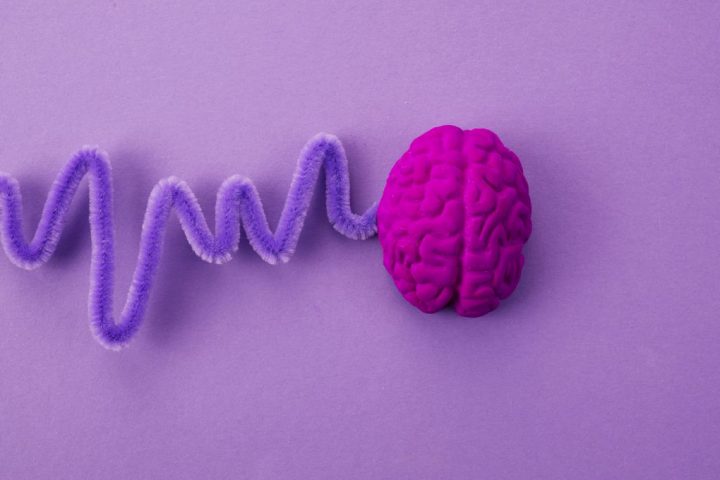Did you know that between 10 to 20 percent of people infected with SARS-CoV-2 may experience long COVID? That’s right, symptoms like fatigue, difficulty breathing, and cognitive impairment can persist for months or even years after infection. One of the most commonly reported issues is the infamous “brain fog,” which affects thinking, concentration, and memory.
In an exciting new study, researchers aimed to identify proteins associated with brain fog that could serve as biomarkers. They analyzed data from participants in the PHOSP-COVID study, including blood tests from 1,837 hospitalized COVID patients. Cognitive assessments were conducted six and twelve months after hospitalization to measure abilities like executive function, memory recall, and attention.
Through statistical analysis, the researchers discovered two potential biomarkers: high levels of the protein fibrinogen and an increased level of D-dimer, a protein fragment. Both of these molecules are involved in blood clotting, which provides a clue to the possible cause of COVID-related brain fog.
“Both fibrinogen and D-dimer are involved in blood clotting, supporting the hypothesis that blood clots contribute to post-COVID cognitive problems,” explained study author Dr. Maxime Taquet.
The findings were further validated using electronic healthcare records of patients in the US.
So, how does clotting relate to brain fog? According to Taquet, “Fibrinogen may directly affect the brain and its blood vessels, while D-dimer often indicates blood clots in the lungs. The brain fog could be a result of oxygen deprivation. Interestingly, individuals with high D-dimer levels not only had a higher risk of brain fog but also respiratory problems.”
While these results provide a significant advancement in understanding the mechanisms behind post-COVID brain fog, the researchers acknowledge that more research is needed before proposing and testing interventions.
Published in the prestigious journal Nature Medicine, this study lays a solid foundation for future investigations into preventing and reversing cognitive problems in individuals after COVID-19 infection.








